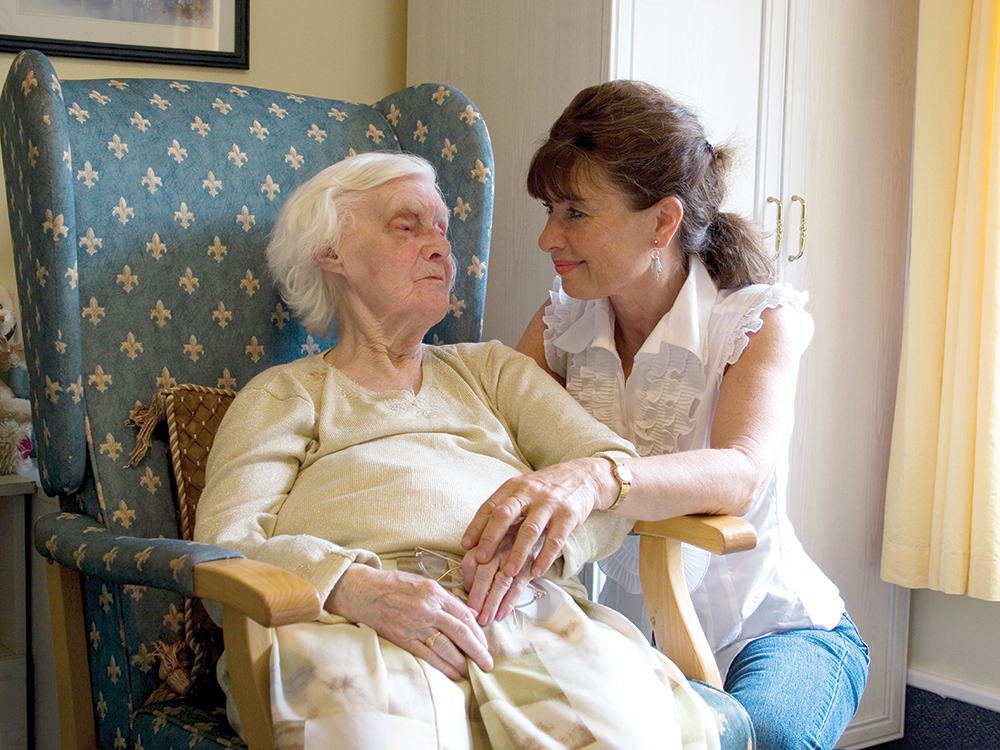
London, the bustling capital of England, is home to a diverse population and a vibrant culture. In such a fast-paced city, taking care of a loved one can be challenging, especially when caregivers need a break. This is where respite care can offer much-needed support.
Respite care provides temporary care for individuals with disabilities, chronic illnesses, or age-related conditions, allowing their primary caregivers to take a break and recharge. In London, respite care services are available in various forms, including home-based care and residential facilities.
One of the key benefits of respite care is its flexibility. Caregivers can choose the duration of care, whether it’s a few hours, a few days, or longer. This flexibility allows caregivers to schedule breaks according to their needs and provides peace of mind knowing that their loved one is in good hands.
Live-in care is a popular option for respite care in London. With live-in care, a trained caregiver resides in the individual’s home, providing round-the-clock support. This type of care ensures continuity of care and allows the individual to remain in familiar surroundings, which can be particularly beneficial for those with dementia or Alzheimer’s disease.
In addition to practical support, respite care in London also offers social and emotional benefits. Individuals receiving care have the opportunity to interact with new people and participate in stimulating activities, reducing feelings of isolation and boredom.
For caregivers, respite care provides a much-needed break from the demands of caregiving. It allows them to rest, attend to their own needs, and prevent burnout. Caregivers can use this time to relax, pursue hobbies, or simply enjoy some time to themselves, knowing that their loved one is well cared for.
In conclusion, respite care in London is a valuable resource for caregivers, providing support, flexibility, and peace of mind. Whether it’s through live-in care or other forms of respite services, London offers a range of options to meet the diverse needs of caregivers and their loved ones.
